Posts in Category: Pet Emergencies & First Aid
New Alternatives to the Dreaded “Cone of Shame”
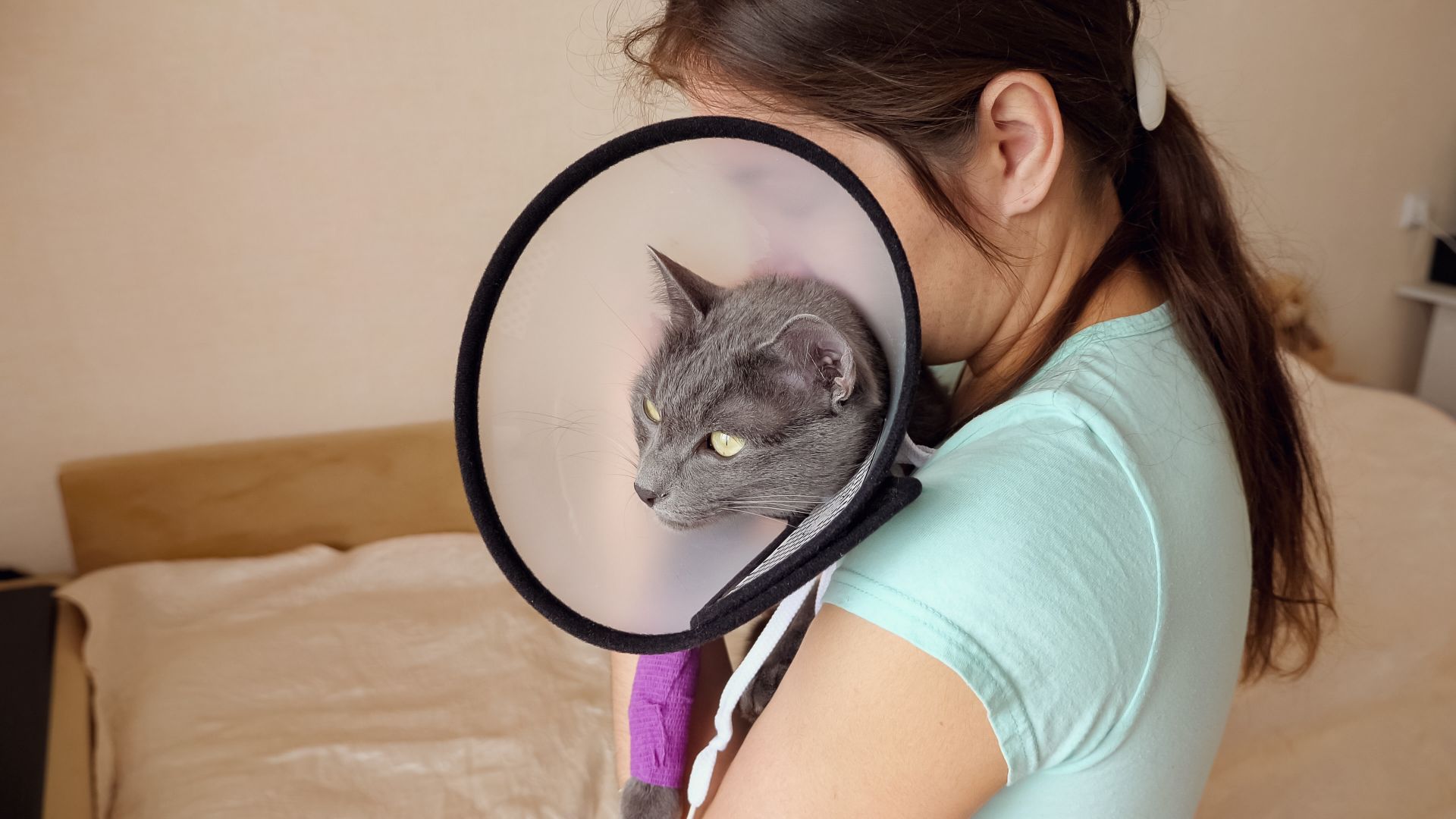
Most pet owners are familiar with the Elizabethan collar, or e-collar for short. Often referred to as the “cone of shame”, this collar has a much-maligned reputation, despite it serving an essential role in post-surgery recovery for dogs and cats.
Designed to protect pets from licking or chewing at surgical wounds, bandages, sores or itchy spots, the e-collar has been a ‘go-to’ helper for many years and there are several versions that have become available over time.
Continue…Managing Epilepsy In Pets

Epilepsy is the main cause of seizures in pets and a commonly diagnosed neurological disorder that we see at our facility. Witnessing a seizure in your pet is a frightening experience, and it’s an event that any pet owner would want to understand and address right away.
The team at Lone Tree Veterinary Medical Center is here to help you navigate the difficult challenges that can occur during your pet’s life. Epilepsy can be one of those challenges and if it becomes a problem for your pet, helping you understand it is an important first step in managing it.
Continue…Safeguarding Against Outdoor Pet Toxins

As we settle in for another season of tinkering around in our garage and backyard, it’s important to keep your pet’s safety in mind. Many of the chemicals we commonly use for outdoor maintenance can injure or even kill a pet. Although you may not expect your pet to get into trouble in your garage or yard, pets can be known to eat just about anything, so protecting them from outdoor pet toxins is essential.
Continue…Pet Safety During Fire Season
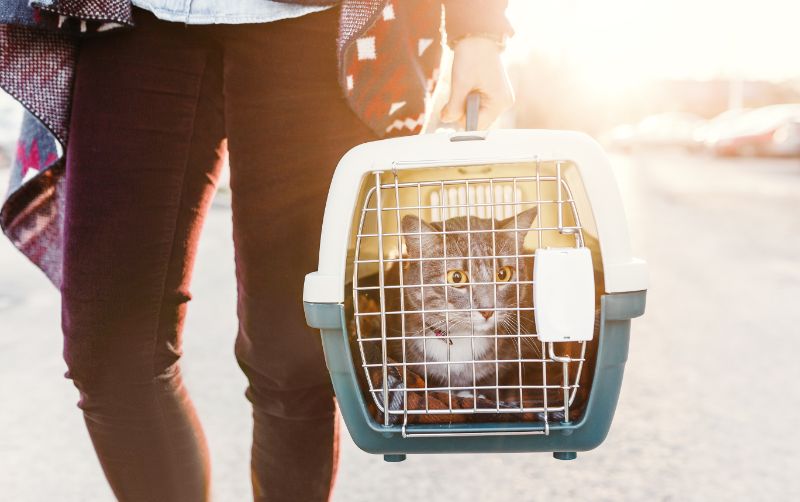
In the greater Denver area and across Colorado and the West, wildfires are a serious concern, especially during a dry year. While it’s easy to understand the danger wildfires pose to people, homes and property, have you ever considered how wildfires affect our pets? The team at Lone Tree Veterinary Medical Center is here with tips for pet safety during the wildfire season!
Wildfire Evacuations
Suffice it to say that evacuations don’t always occur at a time that’s convenient for us. That’s why it’s important to plan ahead and know how to care for your pet should the need arise. Continue…
The New Lone Tree Vet App: Care at Your Fingertips
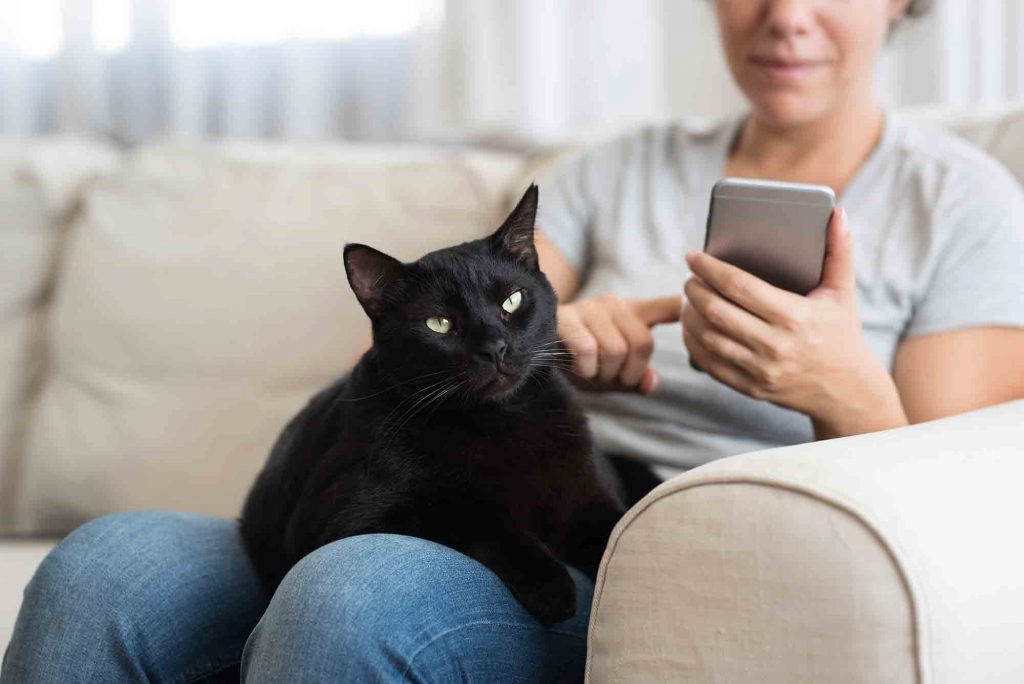 Did you know that we now have our very own App? At Lone Tree Veterinary Medical Center, we recognize that the benefits of smartphone technology are far reaching for our patients and their families, and it’s our pleasure to bring this service to your fingertips. We are excited to announce the launch of our new Lone Tree Vet App, available free of cost, for both android and iPhone! You can download our new App by searching Lone Tree Vet in your App store or by simply following the links above.
Did you know that we now have our very own App? At Lone Tree Veterinary Medical Center, we recognize that the benefits of smartphone technology are far reaching for our patients and their families, and it’s our pleasure to bring this service to your fingertips. We are excited to announce the launch of our new Lone Tree Vet App, available free of cost, for both android and iPhone! You can download our new App by searching Lone Tree Vet in your App store or by simply following the links above.
Stay Cool! Avoiding Hyperthermia in Pets
 Hyperthermia in pets, also known as heat stroke, is one of the biggest warm weather risks facing pets in the summertime. As temperatures rise, it’s important for pet owners to take their pets’ well-being into consideration. Warm weather doesn’t mean we can’t have some fun in the sun with our pets. Rather, it means that we need to be aware of the risks and plan ahead for their safety and well-being.
Hyperthermia in pets, also known as heat stroke, is one of the biggest warm weather risks facing pets in the summertime. As temperatures rise, it’s important for pet owners to take their pets’ well-being into consideration. Warm weather doesn’t mean we can’t have some fun in the sun with our pets. Rather, it means that we need to be aware of the risks and plan ahead for their safety and well-being.
Hyperthermia in pets, also known as heat stroke, is one of the biggest warm weather risks facing pets in the summertime. Unlike humans, a pet’s only means for cooling their bodies is through oral panting and the small amount of sweat released through their paws. Knowing how to prevent hyperthermia in our pets is the first step toward making sure our furry loved ones stay cool and safe all summer long.
The Heat Is On: Learning to Spot and Prevent Dehydration in Pets
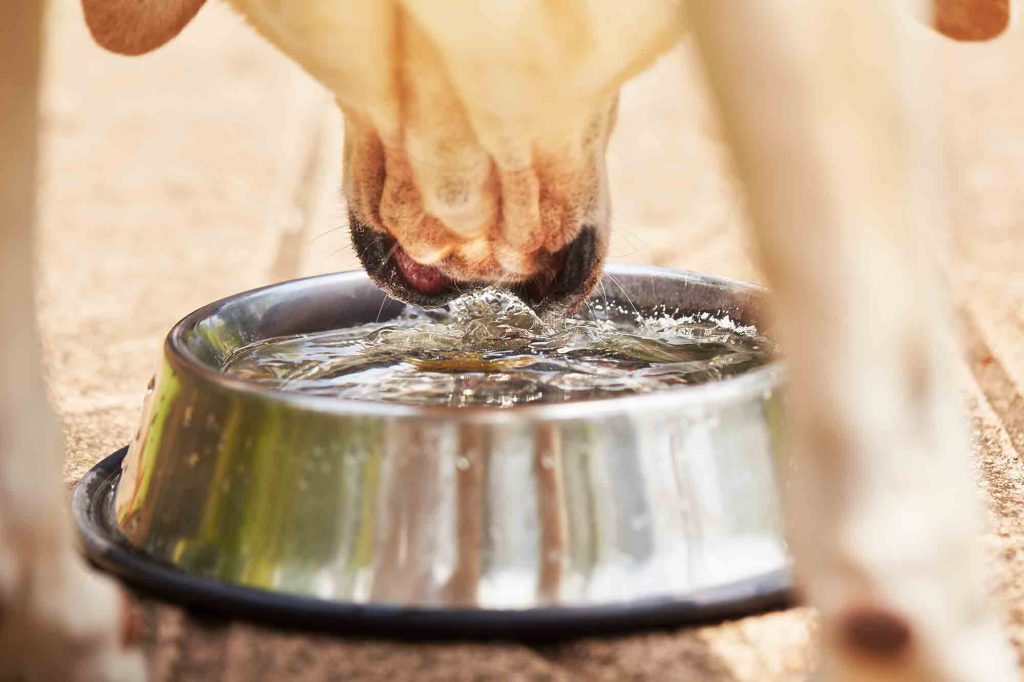 It’s no secret that water is vital to the existence of humans and animals, as well as most other living creatures. Water makes up about 70-80% of a pet’s total body mass and is critical for the proper functioning of each and every cell and system.
It’s no secret that water is vital to the existence of humans and animals, as well as most other living creatures. Water makes up about 70-80% of a pet’s total body mass and is critical for the proper functioning of each and every cell and system.
Even a small loss of a pet’s fluids can disrupt the body’s delicate balance and result in dehydration. If not corrected, dehydration will impair the body’s functioning and quickly become a medical emergency.
To the Rescue: Putting Together a Pet First Aid Kit
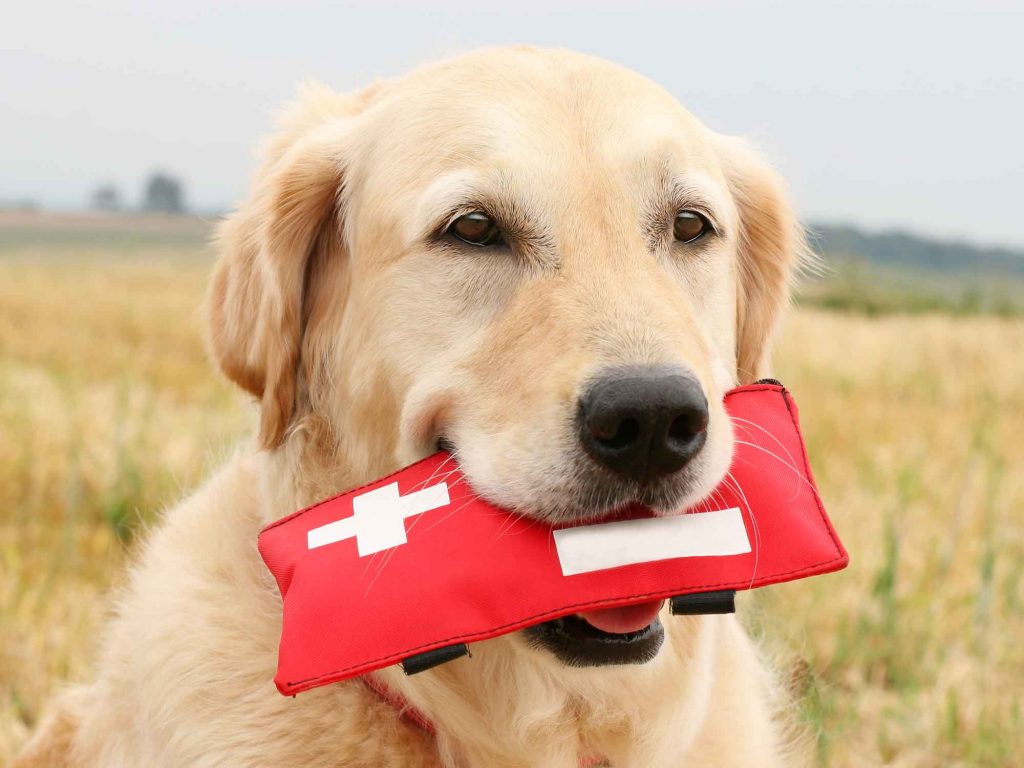 Ensuring you have a comprehensive pet first aid kit and the knowledge to employ it is crucial for pet owners in emergency readiness. Our furry friends rely on us for their well-being. Yet, many of us overlook preparing for unforeseen circumstances, such as being equipped to handle pet injuries.
Ensuring you have a comprehensive pet first aid kit and the knowledge to employ it is crucial for pet owners in emergency readiness. Our furry friends rely on us for their well-being. Yet, many of us overlook preparing for unforeseen circumstances, such as being equipped to handle pet injuries.
At Lone Tree Veterinary Medical Center, we believe that having a well-stocked pet first aid kit, and knowing how to use it, is an essential part of emergency preparedness for any pet owner.
Creating a Pet First Aid Kit
We recommend that pet owners carry a pet first aid kit in their car and also keep one in an easily accessible location in the home. Pet first aid kits can be purchased ready-made from pet supply stores or online (here’s one we like) or you can make your own from scratch.
My Pet Ate What? GI Obstruction in Pets
 Every pet owner knows how much pets enjoy food. Unfortunately, sometimes this love of chewing and swallowing can get our pets into trouble, particularly when they ingest something inedible causing a GI obstruction.
Every pet owner knows how much pets enjoy food. Unfortunately, sometimes this love of chewing and swallowing can get our pets into trouble, particularly when they ingest something inedible causing a GI obstruction.
In many cases, something a dog or cat ate will pass through the digestive tract with little to no trouble, but this is not always true. Any object can become lodged in a pet’s gastrointestinal (GI) tract (esophagus, stomach, or intestine), creating problems at any point along the way, including, the destruction of the area of the intestines where the foreign material is lodged. Continue…
Rabies and Pets: Know the Enemy
 Most people know that wild animals can carry rabies, but many of us don’t think it’s something that can affect our pets or us. Unfortunately, the reality of rabies is closer to home than many of us realize. The disease is present in every state (except Hawaii) and kills hundreds of pets, as well as a few humans, each year.
Most people know that wild animals can carry rabies, but many of us don’t think it’s something that can affect our pets or us. Unfortunately, the reality of rabies is closer to home than many of us realize. The disease is present in every state (except Hawaii) and kills hundreds of pets, as well as a few humans, each year.
Understanding the link between rabies and pets is key in protecting your family, both two-legged and four, from this devastating illness. Continue…



